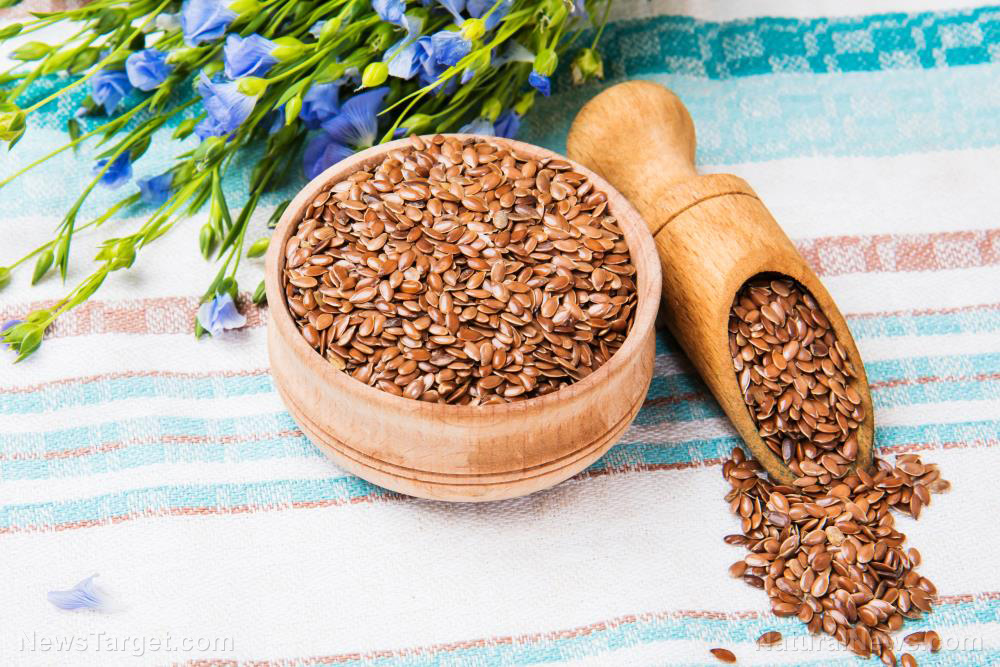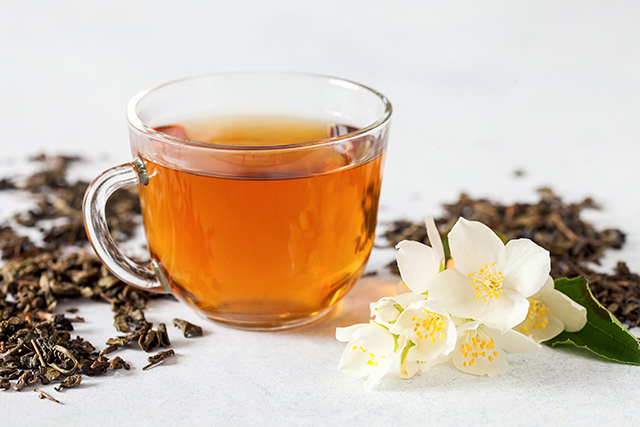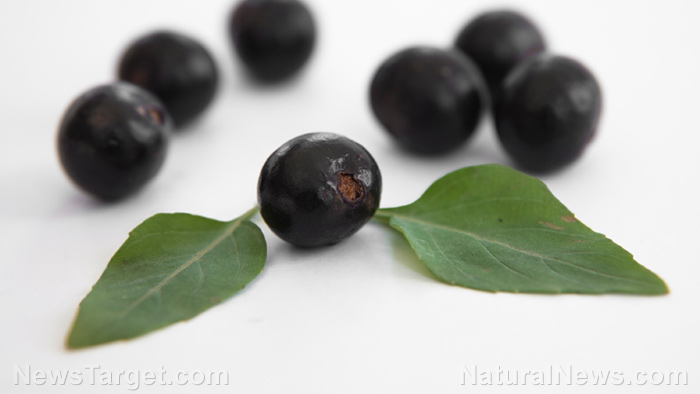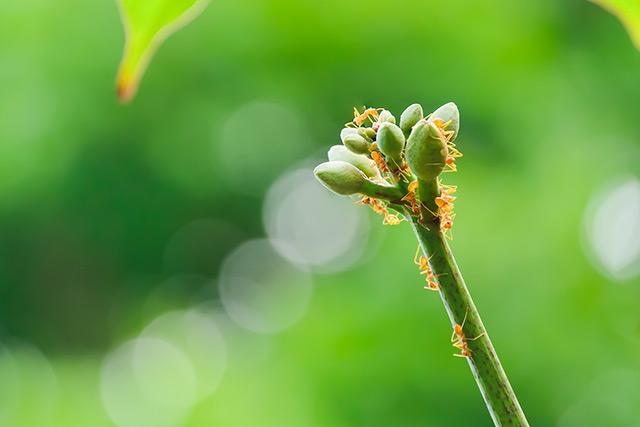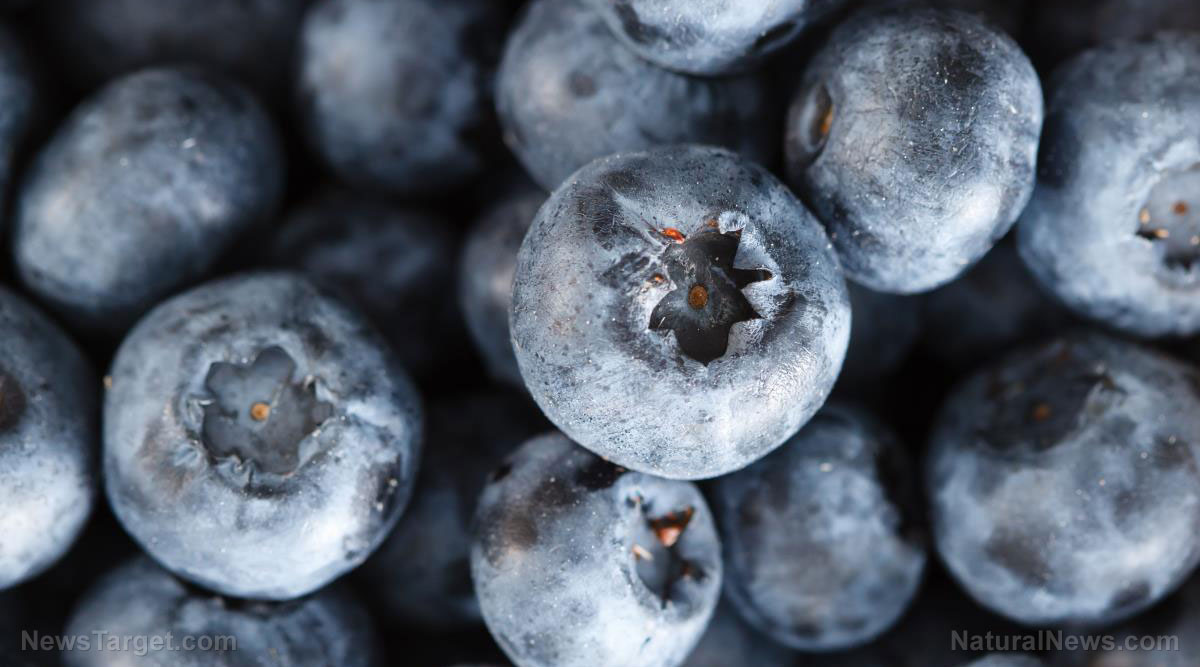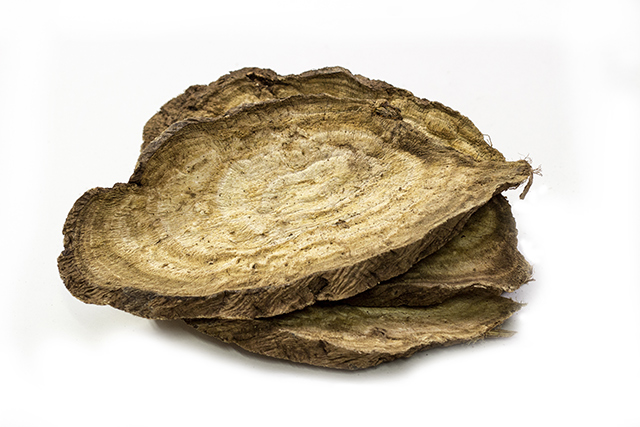Blackberries are one of the best foods to eat for a healthier immune system
11/12/2018 / By Mary Miller
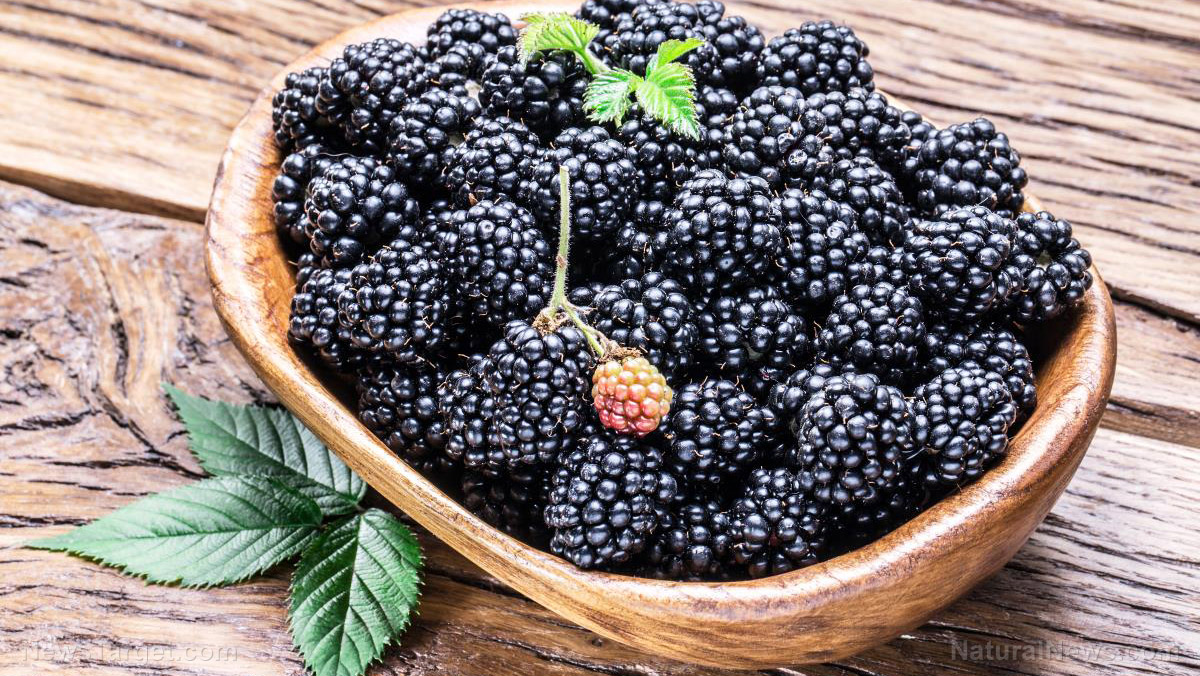
Despite their name, blackberries (Rubus fruticosus) are less of a berry and more of an “aggregate fruit.” These fruits have been used for their medicinal properties for over 2,000 years. It should come as no surprise then that in their search for viable methods of reducing swelling in vulnerable tissues, researchers from the University of Messina decided to investigate the anti-inflammatory and antioxidant effects of blackberries.
Blackberries are a low carbohydrate fruit containing a wealth of nutrients, including dietary fiber, manganese, and vitamins C and K. Due to the rich, dark hues of the berries, they are also rich in plant pigments called flavonoids. One such flavonoid is the antioxidant compound, anthocyanin. With their high nutrient content, blackberries are truly a superfood. They can provide a multitude of health benefits, including protecting you against heart disease, improving your brainpower, and lowering your risk of Type 2 diabetes. (Related: This often forgotten berry has some amazing health benefits.)
In their study, published in Phytotherapy Research, researchers examined the antioxidant, anti-inflammatory and gastroprotective properties of blackberry juice. They did this by first analyzing the polyphenol content of blackberry juice. Polyphenols are effective at reducing inflammation and oxidative stress that is associated with cardiovascular disease. By reducing inflammation in the body, they can also boost the functions of the body’s immune system. Polyphenols help prevent cell mutation and neuron degeneration.
The researchers then analyzed the blackberry juice to determine its components. The results showed that they contained anthocyanins, such as cyanidin derivatives. They also exhibited significant amounts of phenolic acids and smaller amounts of flavonoids.
The researchers then tested the blackberry juice in vitro for its antioxidant activity. The benefits of anthocyanins are twofold. They are both a type of polyphenol and also an antioxidant compound. This means that they can help reduce inflammation while also lowering the risk of oxidative stress. Antioxidants such as anthocyanins do this by scavenging free radicals in the body. If too many free radicals accumulate in the body, they can cause tissue damage, possibly resulting in oxidative stress and the growth of cancerous tumors. Based on the tests, the blackberry juice displayed significant antioxidant activity. During all of the tests, the juice showed that it was able to scavenge large amounts of free radicals.
The researches also used live rat models to test the blackberry juice in vivo for its anti-inflammatory and gastroprotective activity. The evaluation was done using DPPH, TE antioxidant capacity, ferric reducing antioxidant power, oxygen radical absorbance capacity, and beta?carotene bleaching assays. The rat models were treated with carrageenan to induce edema in the paws of the rats. They were then treated with blackberry juice to see if it would inhibit the swelling. The results showed that blackberry juice significantly inhibited inflammation in the rat models. The anti-inflammatory properties of the blackberry juice were especially effective when used in conjunction with phenylbutazone. Furthermore, the pre-treatment of blackberry juice inhibited ethanol?induced ulcers in the rat models.
From these results, the researchers concluded that the blackberry juice displayed radical scavenging properties which confirmed its potent antioxidant properties and that its ability to do this is connected to the beneficial biological effects it has on an animal model. The antioxidant, anti-inflammatory and gastroprotective effects of blackberry juice have been proven to benefit the overall health and well-being of an organism.
Other anti-inflammatory foods
There are different kinds of foods that can help reduce inflammation and lead to a healthier immune system. Here are some food examples that you can add to your diet alongside blackberries:
- Fatty fish. Be sure to eat healthy fats, such as omega-3 fatty acids. Some excellent sources of these healthy fats are salmon, sardines, herring, mackerel and anchovies. They’re packed with protein too.
- Cruciferous vegetables. Cruciferous vegetables such as broccoli, kale, and cauliflower, are loaded with antioxidants and can help reduce your risk of heart disease and cancer.
- Peppers. Bell peppers and chili peppers are rich in vitamin C and other antioxidants.
- Mushrooms. Eating mushrooms raw or lightly cooked will allow you to best utilize their anti-inflammatory properties, as long as they are prepared safely.
If you want to learn more about blackberries and other superfoods, you can read more articles by going to SuperFood.news.
Sources include:
Tagged Under: anthocyanins, anti-inflammatory, antioxidants, blackberries, Blackberry juice, gastroprotective, swelling





